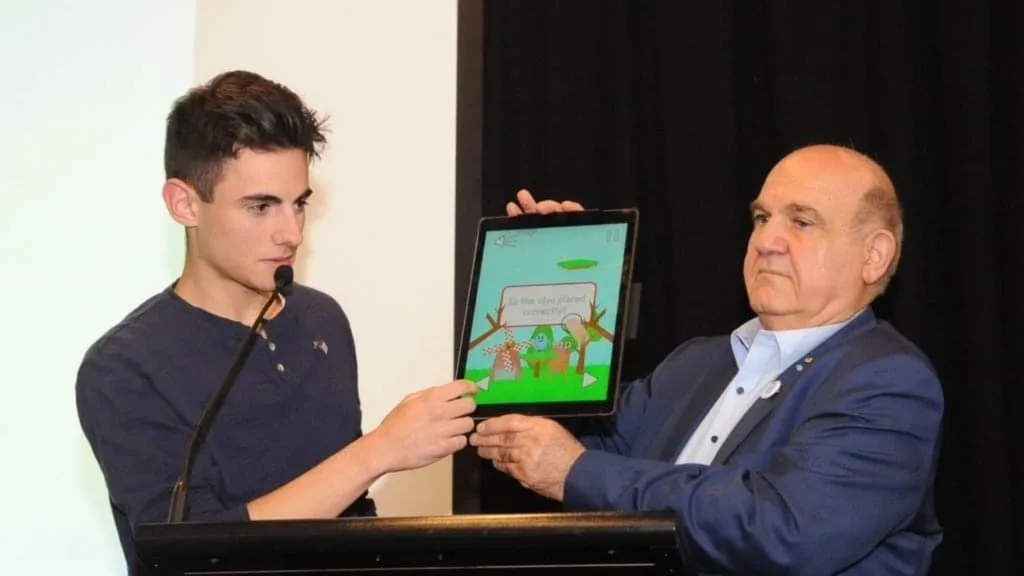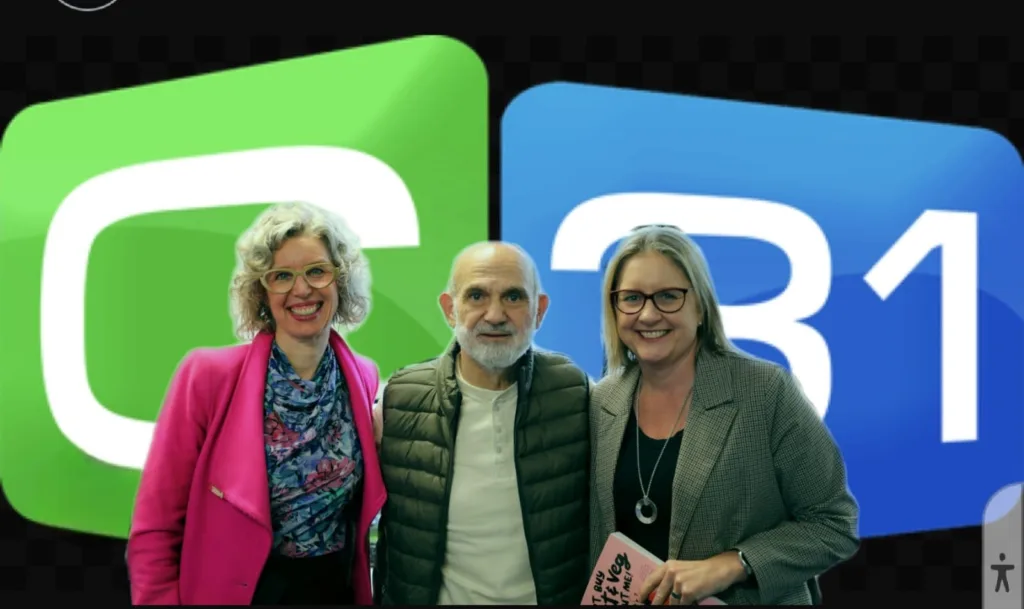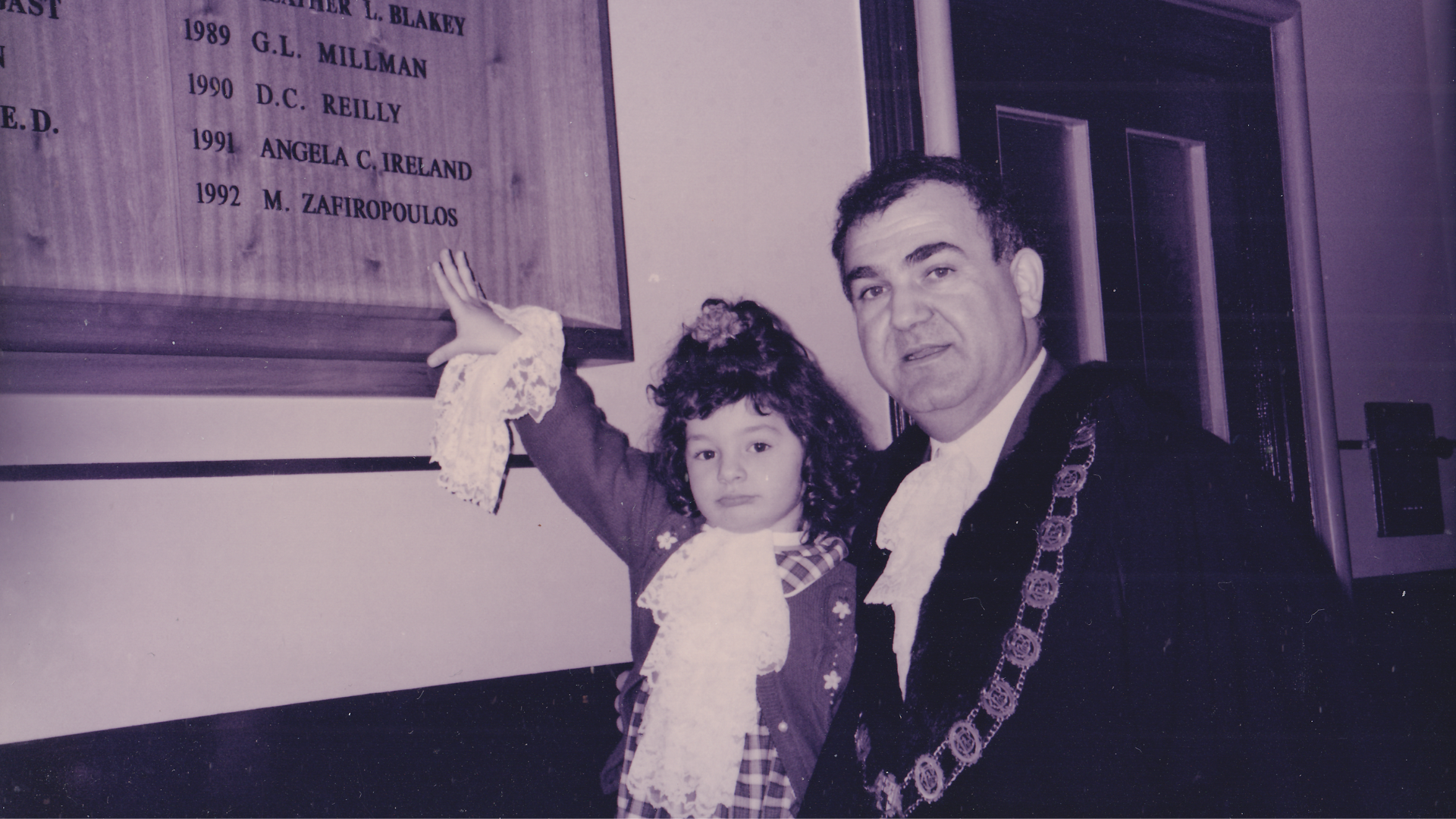*Comment by the founder and inaugural chair of ‘Speak Greek in March’ (SGM), Mike Zafiropoulos AM on the 10th anniversary of the campaign (2015-2025)
The idea of organising the “Speak Greek in March” campaign came to me at an Omiros graduation ceremony, where I was asked to present the awards to students who had excelled in modern Greek. One of the students, who was born in Australia, spoke to me with such eloquence in Greek, that made me think we could do more as a community to preserve our language, particularly as for some time we were witnessing a constant decline of students seeking to learn Greek.
I felt that as an organised community, we had to give greater priority in retaining our mother tongue and promote and highlight its importance as the language which enriched many languages of the world and continues to serve as the source for new words of discoveries in technology and science.

We had to stimulate all stakeholders, the national school system, the community schools, parents and grandparents, community organisations, the church, etc., to consider this a vital issue, if our identity in the diaspora had to be maintained. What made me optimistic was that our ancestors performed the Herculean feat of maintaining the language under more than 400 years of occupation by the Ottomans.
The challenges we are facing, despite the official acceptance by Australian governments of the policy of multiculturalism/multilingualism, included the lack of further immigration from Greece, the high percentage of intermarriages, and the fact that we were moving into the 3rd and 4th generation in our settlement.
Furthermore, English continues to dominate the global language scene and even our homeland. Despite being a source for new words in other languages, it has started to absorb a dangerous proportion of English words in its vocabulary.

So, I started developing some plans and was able to convince several key people in the community to get together, consult with the community and governments in both Australia and Greece to implement appropriate strategies. I chose March because of the beginning of the school year and because it included several Hellenic celebrations.
During the campaign, while serving as chair of Fronditha Care, I ensured that its board meeting in March was conducted in Greek, defying some 40 years of being transacted in English.
The continuity of this initiative, which celebrates a decade since it started, has been taken recently by Pharos, which will be announcing their plans. It would be good, however, if all community organisations during this month undertake some activity to honour the most sophisticated language in the world, which continues to be spoken for some 4,000 years.
Want to participate in ‘Speak Greek in March’? Share your Greek-language event ideas with Pharos at pharos.au@gmail.com
